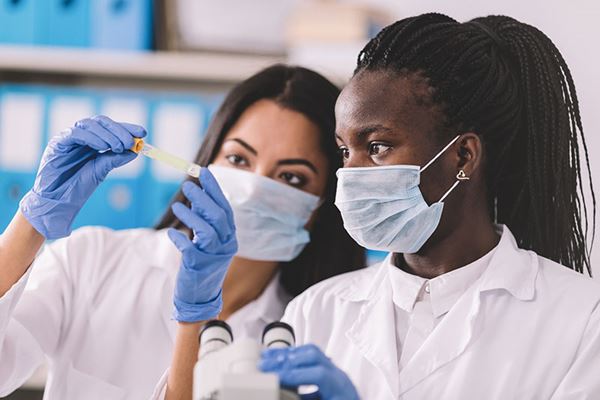 Go Red for Women®
Go Red for Women® Research Goes Red

Historically, clinical studies haven’t included enough women, particularly women of color. As of 2020, women represent only 38% of research participants. We need women to be equally represented, allowing us to understand their specific risks, symptoms, diagnosis and treatment.
Research Goes Red is an initiative calling on women across the United States to contribute to health research. Our vision for Research Goes Red is to create the world’s most engaged and largest women’s health registry and research platform designed to put women directly in the driver’s seat to accelerate our understanding of how cardiovascular disease uniquely impacts women.
Both healthy women and those with an episodic or chronic health condition are encouraged to participate in research. The more we know about women and their overall health and well-being, the better we can treat, beat and prevent cardiovascular disease.
For Women

Participate in Research and Help Save Lives
For Researchers

Utilize Research Goes Red to Access Data and Conduct Research
For Everyone

The latest research findings from Research Goes Red